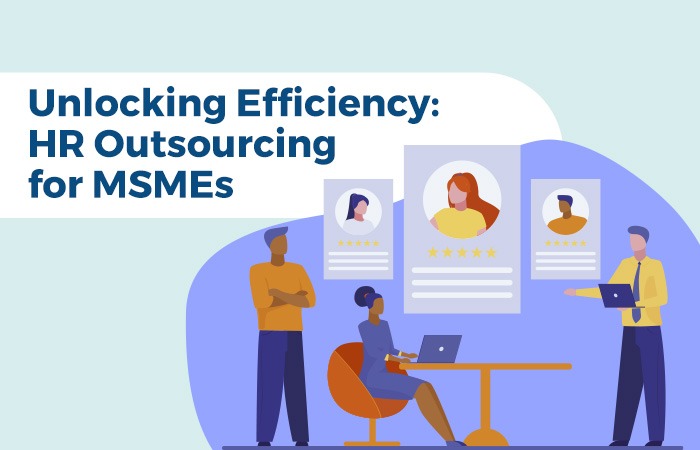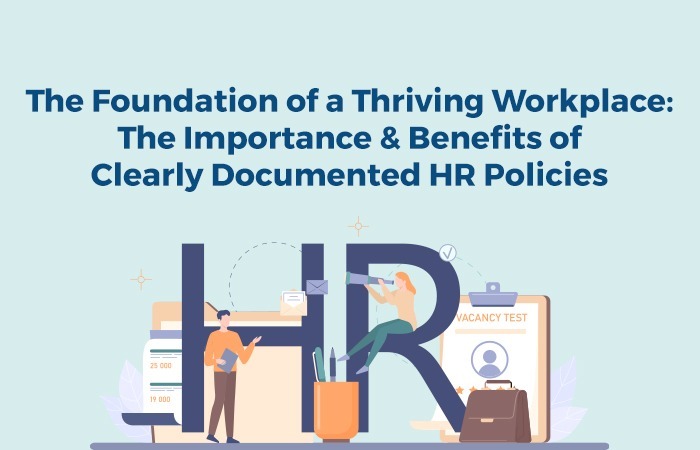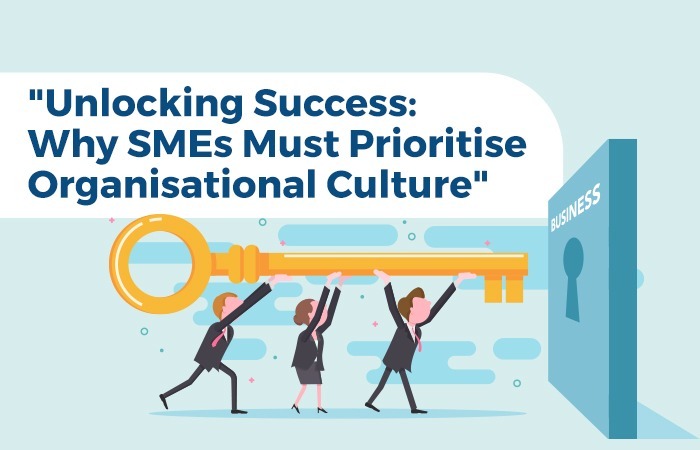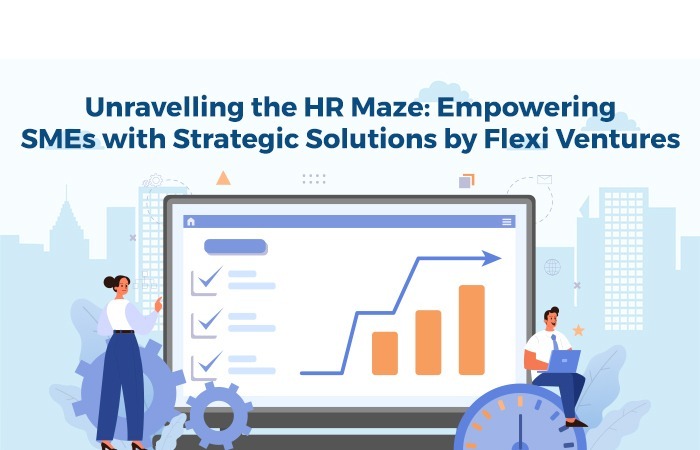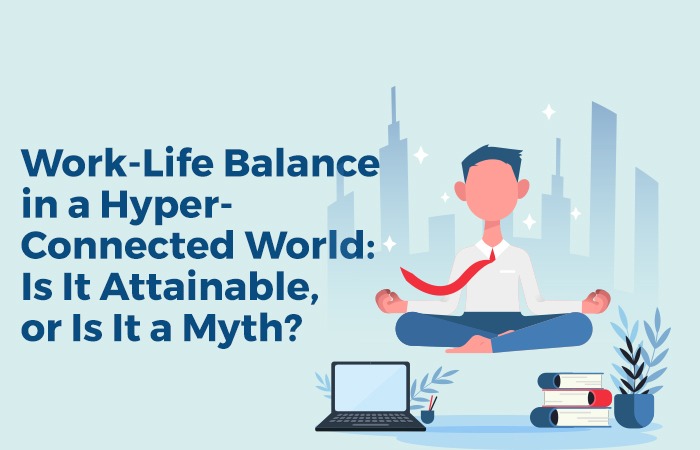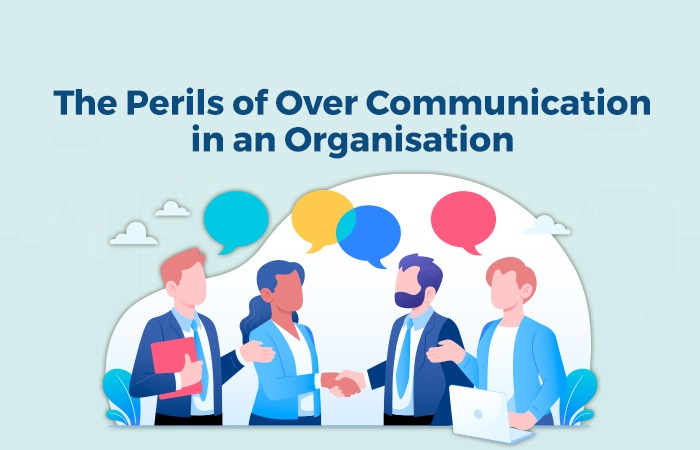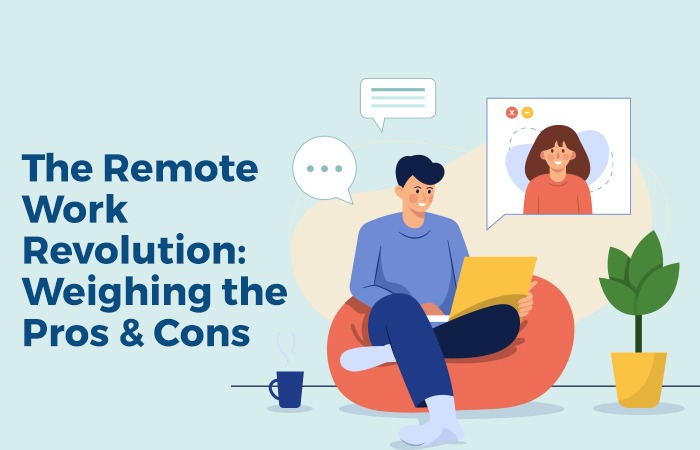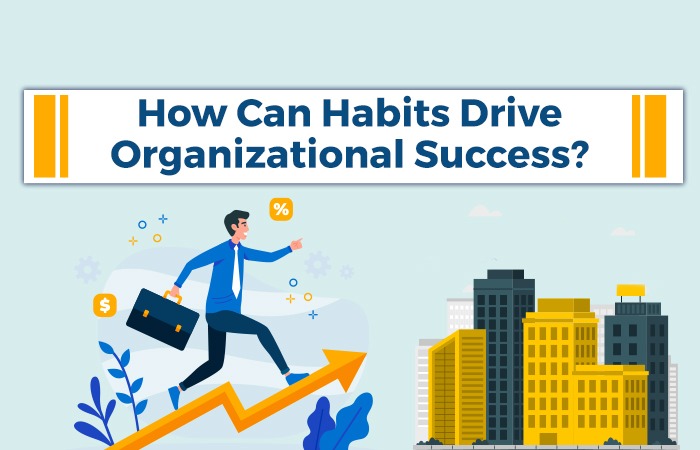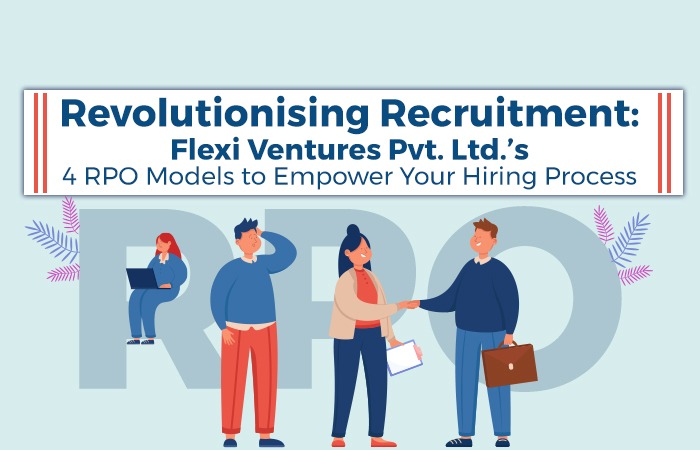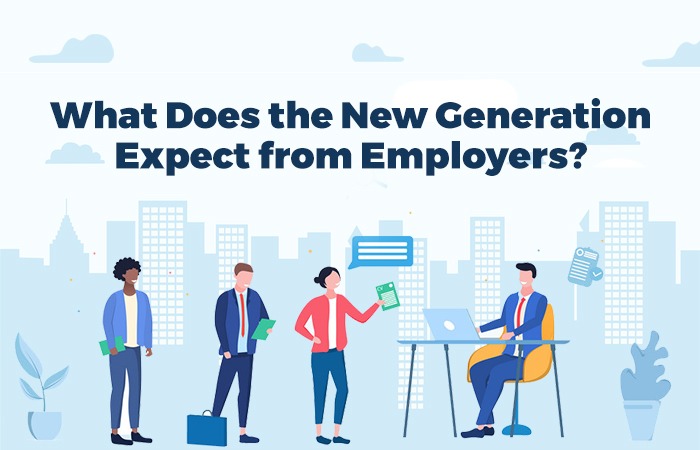In the ever-changing landscape of the modern workplace, the role of Human Resources (HR) professionals has been undergoing a significant transformation. With advancements in technology, shifts in organisational culture, and evolving employee expectations, HR professionals have adapted and embraced new responsibilities.
In this blog, we will explore the key facets of the evolving role of an HR professional in 2023 and the vital contributions they make to the success of organisations.
1. Strategic Business Partner:
Gone are the days when HR was solely seen as an administrative function. In 2023, HR professionals have become strategic business partners, actively contributing to organisational growth and success. They align HR strategies with business objectives, providing insights and recommendations to improve overall performance. By understanding the company’s goals and challenges, HR professionals help shape talent acquisition, retention, and development strategies to support organisational needs.
2. Talent Acquisition and Employer Branding:
In today’s competitive job market, attracting and retaining top talent is crucial for organisational success. HR professionals play a pivotal role in talent acquisition by developing innovative recruitment strategies, leveraging technology, and fostering employer branding initiatives. They focus not only on sourcing skilled candidates but also on creating a positive candidate experience that reflects the organisation’s values and culture.
3. Employee Experience and Engagement:
Employee experience has emerged as a critical focus area for HR professionals. They recognise that engaged and satisfied employees are more productive, innovative, and loyal. In 2023, HR professionals go beyond traditional HR functions to design and implement initiatives that enhance employee experience. This includes fostering a positive work environment, promoting work-life balance, providing learning and development opportunities, and encouraging employee well-being.
4. Technology and Data Analytics:
Advancements in technology have revolutionised HR practices, allowing professionals to leverage data analytics for informed decision-making. HR professionals in 2023 embrace HRIS (Human Resources Information Systems), AI-powered tools, and analytics platforms to streamline processes, automate repetitive tasks, and gain insights into workforce trends. By utilising data-driven approaches, HR professionals can make strategic recommendations, optimise talent management, and contribute to organisational efficiency.
5. Diversity, Equity, and Inclusion (DEI):
With an increasing focus on diversity, equity, and inclusion, HR professionals are leading efforts to create inclusive workplaces where every employee feels valued and respected. They develop policies and initiatives that promote diversity, ensure equitable opportunities, and foster an inclusive culture. HR professionals in 2023 actively collaborate with leaders and employees to drive DEI initiatives and embed them in all aspects of the organisation.
6. Change Management and Agility:
In a fast-paced and uncertain business environment, adaptability and change management have become crucial competencies for HR professionals. They support organisational transformations, mergers, acquisitions, and restructuring initiatives by effectively communicating changes, facilitating employee engagement, and providing necessary resources for successful transitions. HR professionals also play a key role in developing agile workforces, enabling employees to embrace change and thrive in dynamic environments.
7. Hybrid and Remote Work Strategies:
The COVID-19 pandemic has accelerated the adoption of hybrid and remote work models. HR professionals in 2023 are instrumental in developing and implementing strategies that ensure the successful integration of remote and on-site teams. They establish policies and guidelines that promote collaboration, productivity, and work-life balance for both in-person and remote employees. HR professionals also provide the necessary tools and technology infrastructure to enable seamless communication and collaboration across distributed teams.
8. Up-skilling the Workforce:
As technological advancements continue to reshape industries, HR professionals play a vital role in up-skilling and re-skilling the workforce. They identify skills gaps, design training programs, and provide learning opportunities to empower employees with the knowledge and skills needed to thrive in a rapidly changing work environment. HR professionals also facilitate continuous learning cultures, promoting self-directed learning and encouraging employees to take ownership of their professional development.
The role of an HR professional has evolved significantly in 2023, reflecting the changing needs and challenges of the modern workplace. HR professionals have transitioned from being transactional administrators to strategic partners, driving organisational success through talent management, employee experience, data analytics, DEI initiatives, change management, hybrid and remote work strategies, and up-skilling the workforce. By embracing these evolving responsibilities, HR professionals contribute to creating thriving workplaces that attract, develop, and retain top talent while fostering a culture of innovation and inclusivity.


